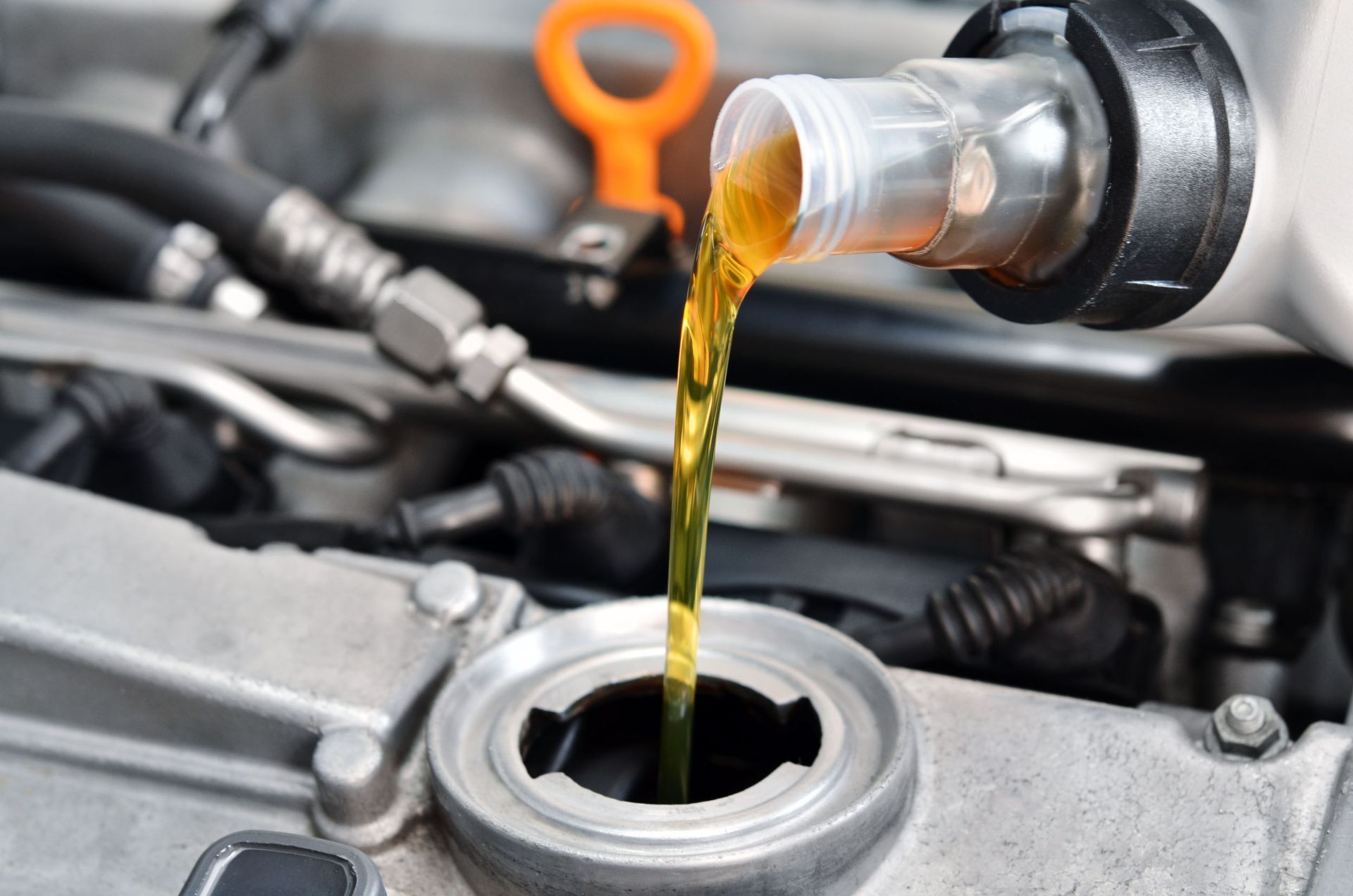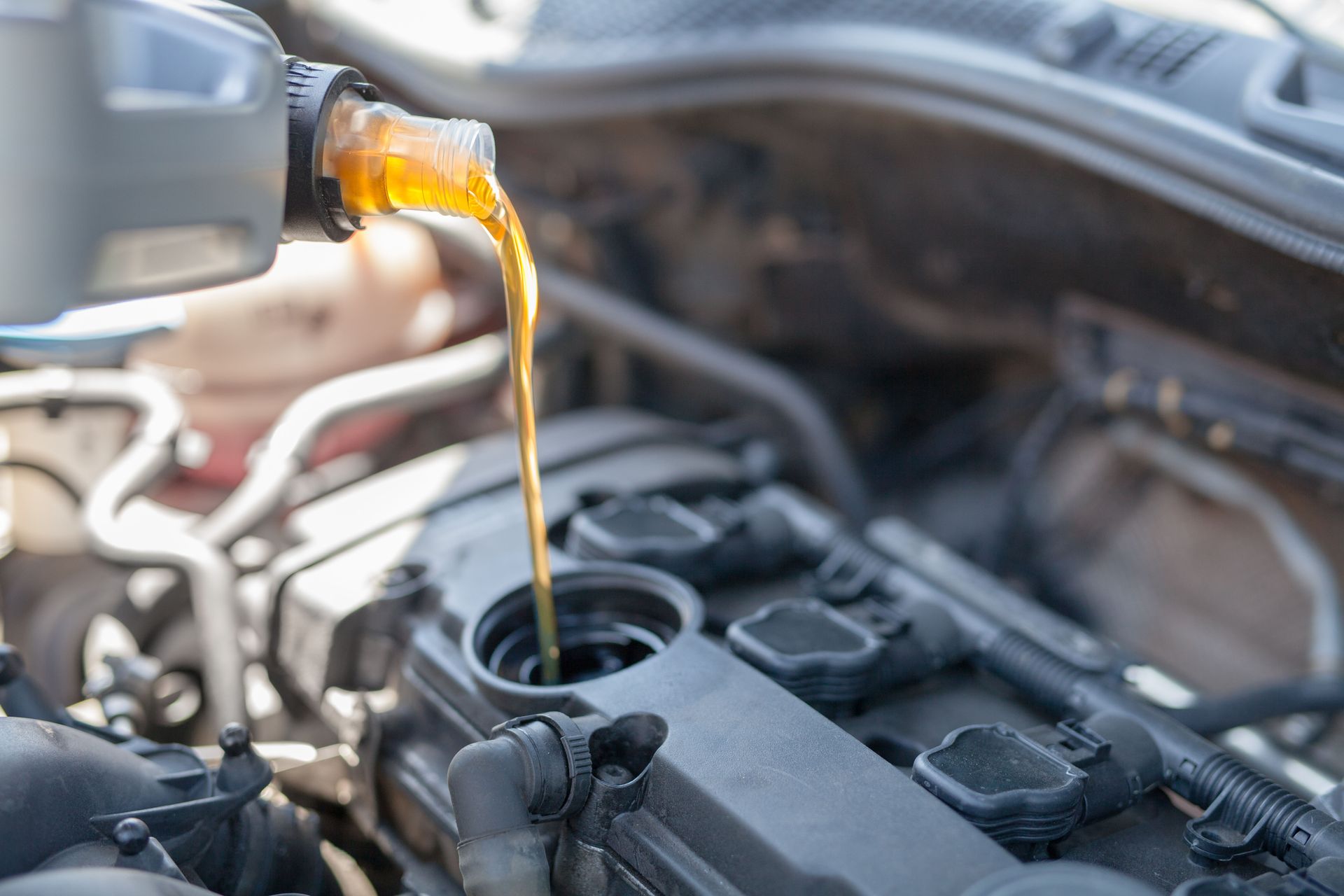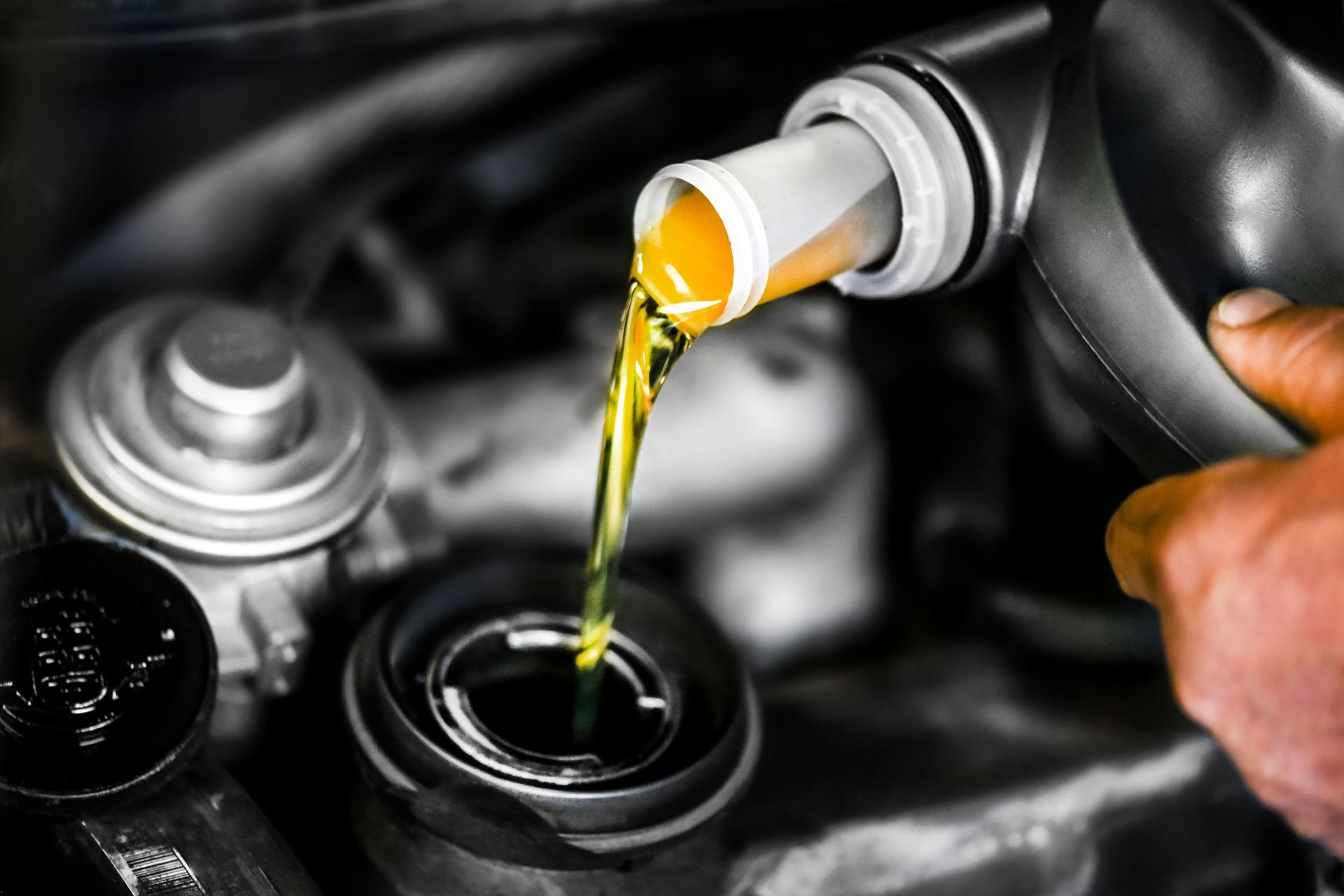September 25, 2025
Summer is a season that puts extra stress on your vehicle’s engine. Rising temperatures, road trips, and heavy traffic can all cause your car to work harder, making proper maintenance even more essential. One of the most important steps to keeping your engine healthy during the hottest months is scheduling a timely oil change. Fresh, clean oil ensures that the engine is properly lubricated, cooled, and protected, reducing the risk of breakdowns or costly damage. According to Insurify, the average annual vehicle mileage has been between 13,000 and 15,000 since 1993, meaning most drivers log thousands of miles each summer. With that kind of demand on your vehicle, recognizing when it’s time for an oil change and understanding the options available can make all the difference in your car’s performance and longevity.
Understanding the Importance of Oil Changes
Oil serves as the lifeblood of your engine, keeping parts lubricated and reducing friction that can lead to overheating and wear. Over time, however, oil breaks down and becomes contaminated with dirt, debris, and combustion byproducts. When this happens, it can no longer do its job effectively, leaving your engine vulnerable to damage. Regular oil changes remove this dirty oil and replace it with clean, fresh oil that can properly protect your vehicle’s engine. In the heat of summer, this step is particularly important because engines naturally run hotter and oil tends to break down more quickly.
Recognizing the Signs You Need an Oil Change
While mileage intervals provide a general guideline for scheduling oil changes, your vehicle will also give you signals when it’s time. A common sign is the appearance of the oil change indicator light on your dashboard, but other symptoms can include darker, gritty oil on the dipstick, knocking or ticking noises from the engine, or even a burning smell. If you notice your vehicle running rougher than usual, it may also be an indication that your oil is no longer providing adequate lubrication. Paying attention to these warning signs ensures you stay ahead of potential engine problems.
Considering Mileage and Driving Habits
Most drivers are familiar with the recommendation to get an oil change every 3,000 to 5,000 miles, but the right interval often depends on your vehicle and your driving habits. Since the average driver puts between 13,000 and 15,000 miles on their car each year, you can expect to schedule several oil changes annually. Drivers who frequently tow, idle in traffic, or take long trips in hot weather may need to have their oil changed more often than someone who drives mostly in mild conditions. Professionals can help you determine the best schedule for your specific needs.
Understanding Your Oil Options
Not all oils are the same, and choosing the right type is key to protecting your engine. Conventional oil, synthetic oil, and synthetic blends each offer different benefits depending on your vehicle’s requirements. Synthetic oils are generally better suited for extreme temperatures and high-mileage driving, making them a popular option during summer months. A professional technician can advise you on which type of oil is best for your car, ensuring that it runs smoothly and efficiently throughout the season.
Protecting Your Engine in Hot Weather
Summer heat can make engines work harder, and without the right lubrication, this added stress can take a toll. An oil change ensures that your engine is filled with fresh oil capable of handling higher operating temperatures. Clean oil also reduces sludge buildup, which can become worse in hot conditions. By maintaining fresh oil during the summer, you give your vehicle the best chance to perform reliably, even on long road trips or in stop-and-go city traffic.
Extending Engine Life With Regular Maintenance
One of the most significant benefits of regular oil changes is extending the life of your engine. Engines are expensive to repair or replace, and neglecting oil changes is one of the fastest ways to shorten their lifespan. Fresh oil helps reduce wear on moving parts, prevents overheating, and minimizes the buildup of harmful deposits. Over time, this routine service can add years of life to your vehicle, ensuring that you get the most value out of your investment.
Improving Fuel Efficiency
Dirty or degraded oil forces your engine to work harder, which can reduce fuel efficiency. A clean oil change, on the other hand, allows the engine to run more smoothly and use less fuel. For drivers logging thousands of miles each summer, better fuel efficiency can mean significant savings at the gas pump. Keeping up with oil changes is not only good for your engine but also helps reduce overall operating costs during peak driving season.
Reducing Risk of Breakdowns
Few things are more frustrating than dealing with an unexpected breakdown in the middle of summer. Old, dirty oil increases the risk of engine overheating, seizing, or breaking down altogether. By scheduling regular oil changes, you lower the likelihood of being stranded on the side of the road in sweltering heat. Professional technicians can also perform a quick inspection during the service, spotting other potential issues before they become serious problems.
Supporting Cleaner Emissions
Oil changes not only protect your engine but also contribute to cleaner emissions. When oil breaks down, it produces more sludge and deposits that can increase harmful exhaust emissions. Clean oil helps your engine burn fuel more efficiently, which reduces its environmental impact. For drivers concerned about sustainability, keeping up with oil changes is one simple yet effective way to do your part for the environment while protecting your car.
Maintaining Manufacturer Warranties
For newer vehicles, following the recommended oil change schedule is often required to maintain the manufacturer’s warranty. Failing to keep up with these services can put your warranty coverage at risk, leaving you responsible for expensive repairs that could have been avoided. By having professional oil changes performed at the right intervals, you protect both your engine and your investment in the vehicle itself.
Finding Confidence in Professional Care
While some maintenance tasks can be overlooked, oil changes should never be one of them. Entrusting your car to professionals ensures that the right oil is used, the service is completed correctly, and any underlying issues are identified early. With summer being such a demanding season for your vehicle, there is no better time to prioritize this essential service. Professional oil changes give you the confidence that your engine is prepared to handle long trips, high temperatures, and heavy use without problems. Finding a talented team can reduce stress for you while ensuring that your vehicle will be rejuvenated with new oil.
Staying on top of oil changes is one of the simplest and most effective ways to protect your engine during the summer. From extending engine life to improving fuel efficiency and preventing breakdowns, this routine service provides benefits that every driver can appreciate. At Jersey Shine & Lube, we’re committed to keeping your vehicle in peak condition with professional oil change services tailored to your driving needs. Contact us today to schedule your next oil change and enjoy the peace of mind that comes with knowing your engine is ready for the road ahead this summer. Our team is standing by to answer any questions you may have about our oil change services.




